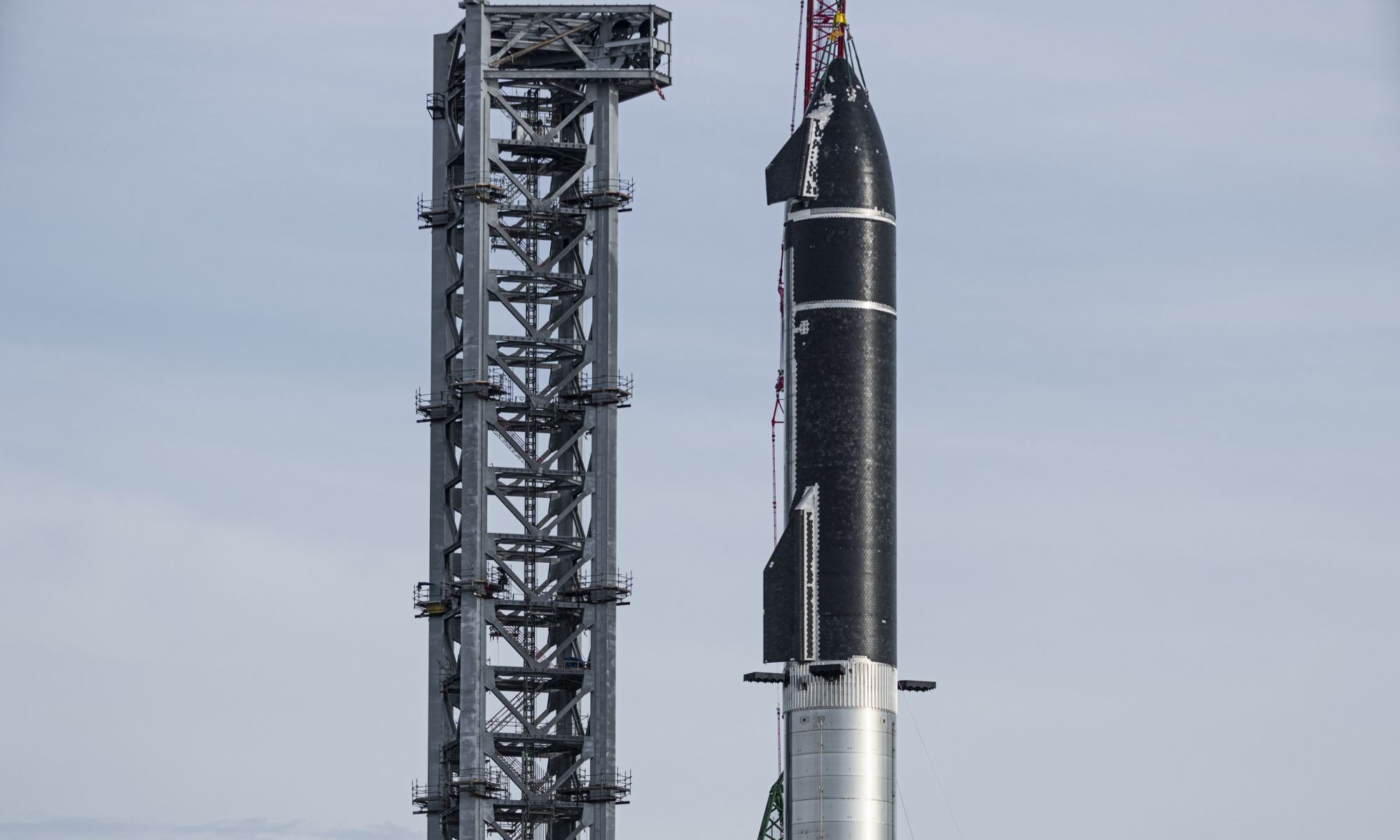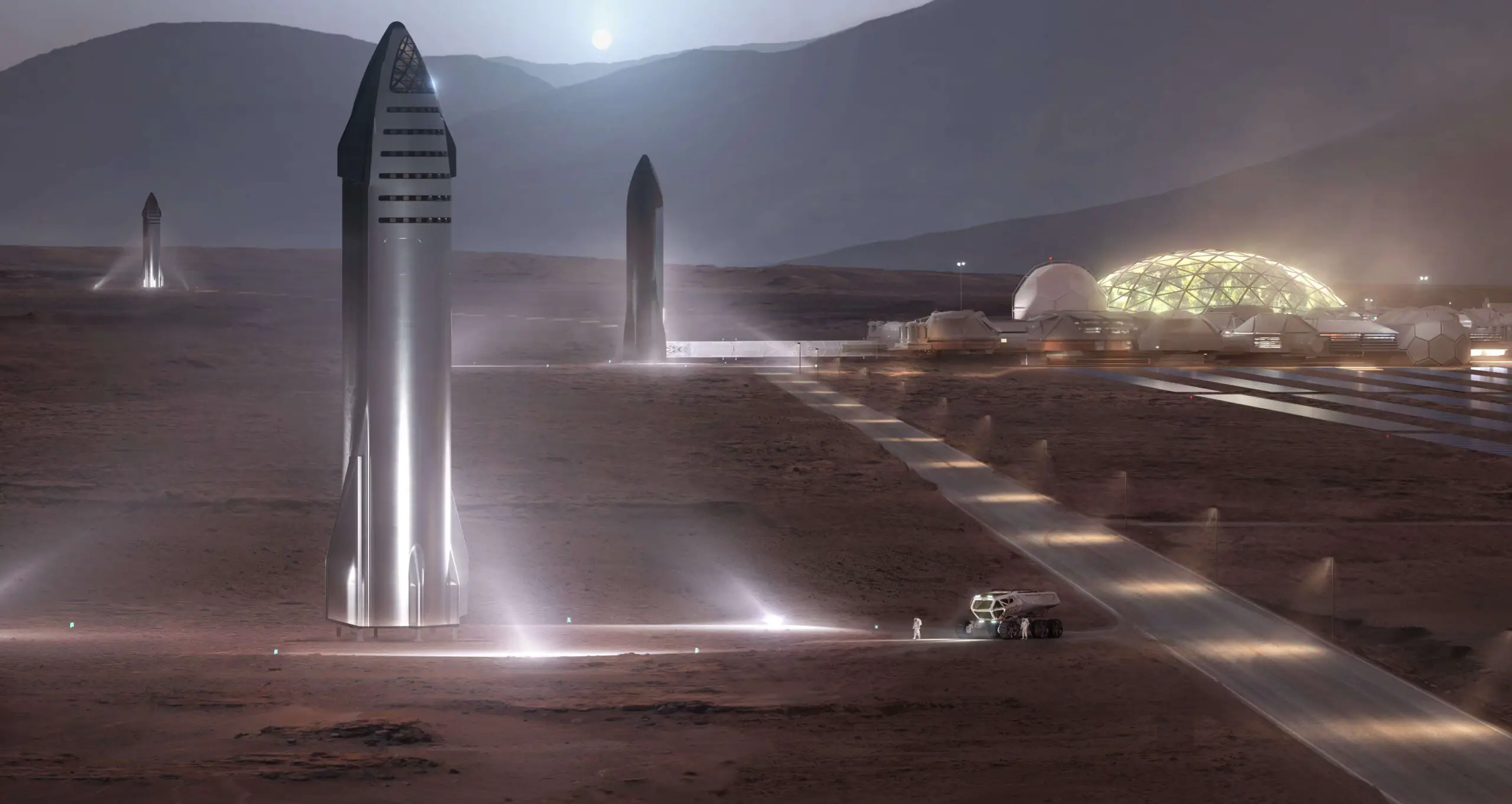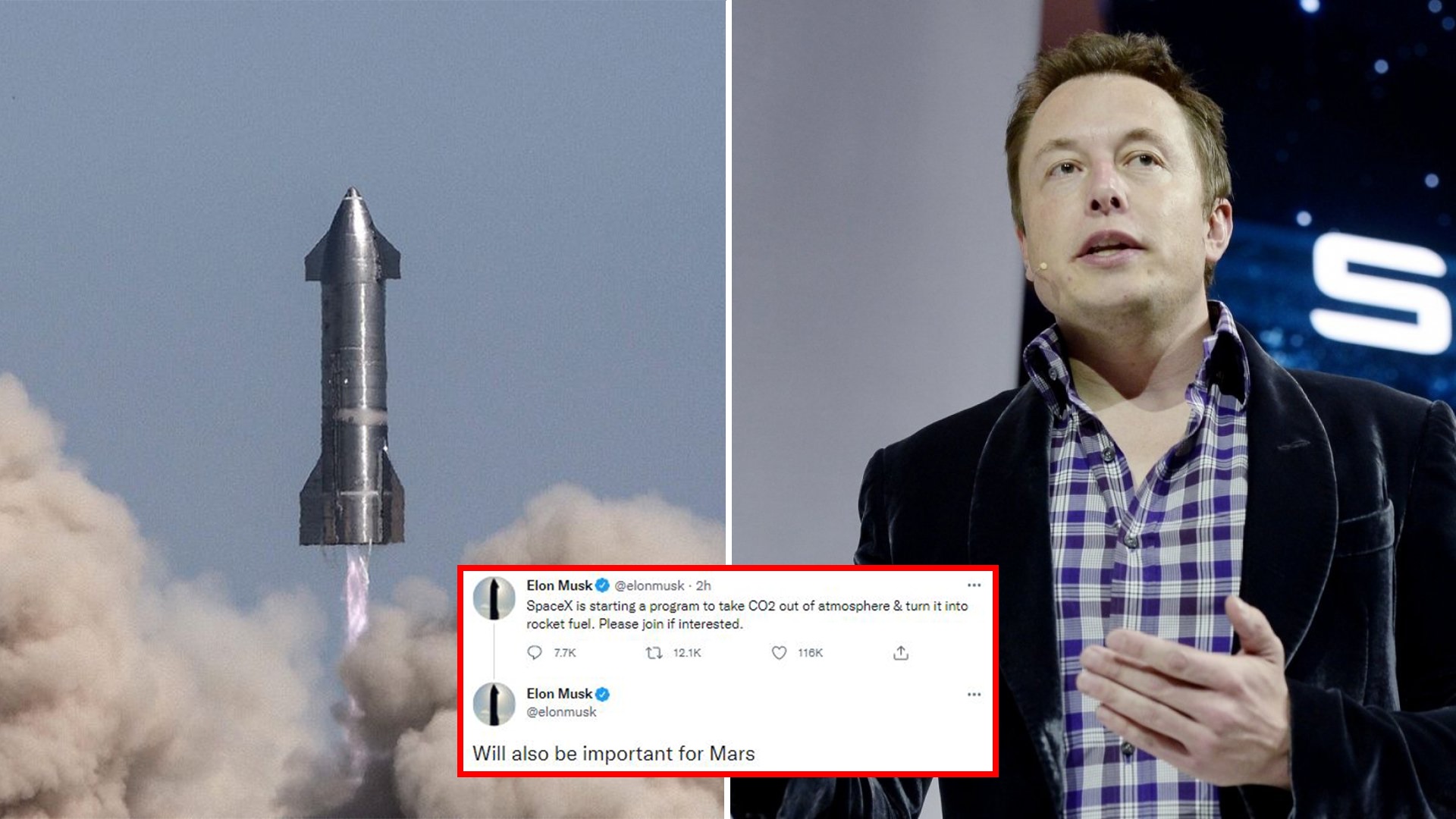The ultimate objective of SpaceX is to provide astronauts with the tools they need to establish the first viable colony on Mars. In order to do this, the firm is working on the development of a completely reusable Starship launch system that will be capable of launching 100 tonnes of cargo into orbit.
It is a two-stage launch vehicle comprised of two components: the Starship spaceship and a Super Heavy rocket booster. Both stages are propelled by Raptor engines, which use cryogenic liquid methane (CH4) and liquid oxygen (LOX) as propellants, together referred to as Methalox, to push them forward.
The Super Heavy will be armed with at least 32 Raptor engines, each of which will be capable of producing more than 16 million pounds of thrust. It is intended to become the world’s most powerful operational rocket when it is completed.
The starship will be equipped with three Raptors, one of which will be tuned for space navigation and the other three of which will be geared for atmospheric flight. This is the first time that a methane-fueled, reusable spacecraft has been created.
Using In-situ resource utilization, the one-of-a-kind Raptor engines are being developed by SpaceX to allow the first Mars residents to synthesis fuel on the Red Planet.

It is possible for astronauts to construct a propellant plant on Mars to produce Raptor engine fuel through the Sabatier process, which involves extracting carbon dioxide (CO2) from the planet’s atmosphere and digging subsurface ice-water in order to create a supply of liquid oxygen and liquid methane to fuel the spacecraft.
In addition to having the potential to reduce global warming on Earth, finding a means to extract CO2 from a planet’s the atmosphere and environment might help SpaceX realize its mission to establish an Earth-like spacefaring society, according to SpaceX. In order to remove CO2 [Carbon Dioxide] from the atmosphere and transform it into rocket fuel, SpaceX has launched a programme.
“Please consider joining if you are interested,” Musk said on December 13. The planet Mars, he remarked on Twitter, “will also be significant.” It is possible that SpaceX may successfully develop carbon capture technology and that Starship will eventually become a carbon neutral rocket.

Will also be important for Mars
— Elon Musk (@elonmusk) December 13, 2021
The development of technology to remove Carbon Dioxide from the atmosphere of our home planet would be very beneficial in mitigating Climate Change on our home planet. Recently, Musk contributed $100 million dollars to the XPRIZE competition, which sought the finest concepts for CO2 capture technologies from all across the globe.
A team of students from Monash University in Australia and Malaysia got a $250,000 USD prize from Musk, which was sponsored entirely by his own funds. A biotechnology proposal that included biologically-assisted carbon capture and conversion approaches that were primarily concerned with the extraction of CO2 from the ocean and air using artificial forestry, as well as microalgae cultures in innovative constructed floating photobioreactors, was presented to the EPA.
Afterward, the biomass produced by these carbon farms will be used downstream, powered by bioenergy, in their transformation into cross-laminated timber, which will be used for sustainable buildings, and biochar, which will be used as a soil amendment,” explained Emily Qiao, Chief Executive Officer of the Monash Carbon Capture and Conversion (MC3) team.
Despite the fact that SpaceX has not released any public information regarding its CO2 program, it will be fascinating to watch what carbon capture technology SpaceX engineers create and end up employed in the years to follow.

